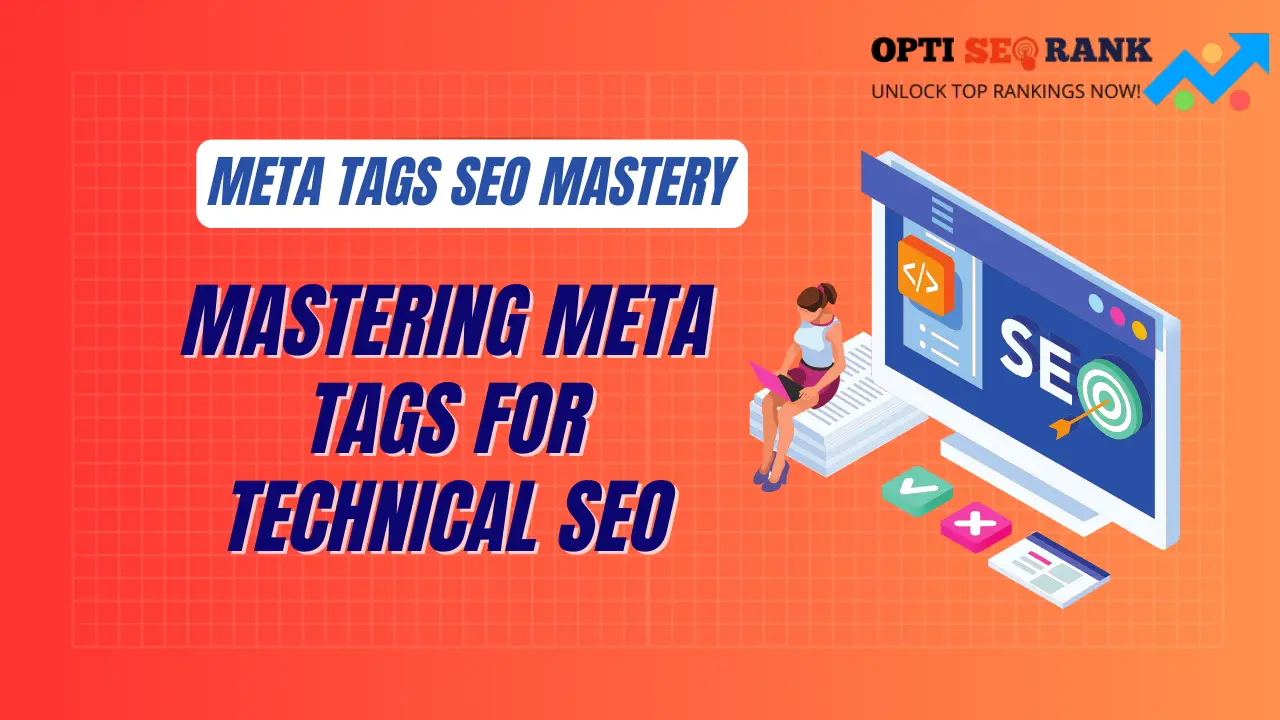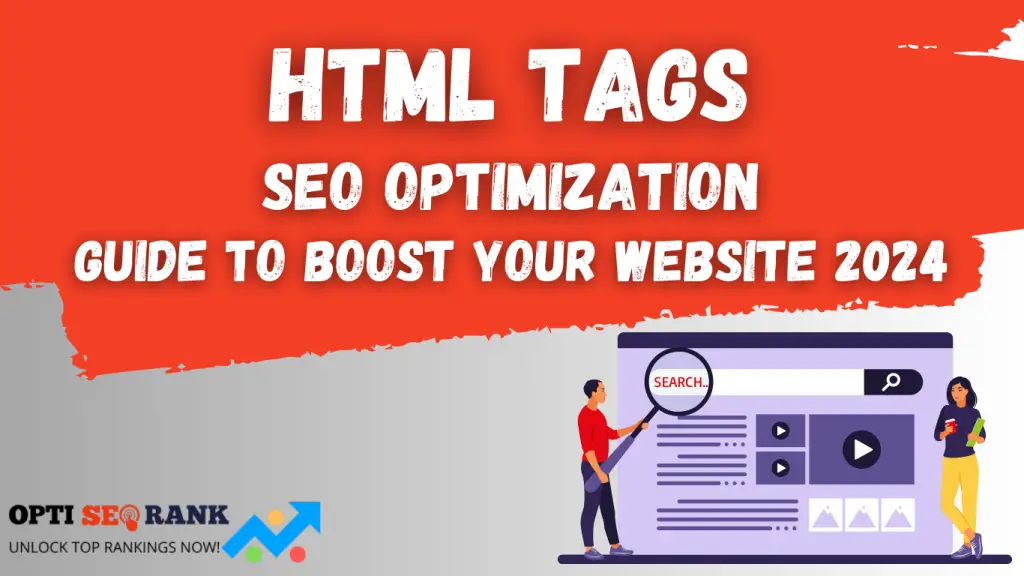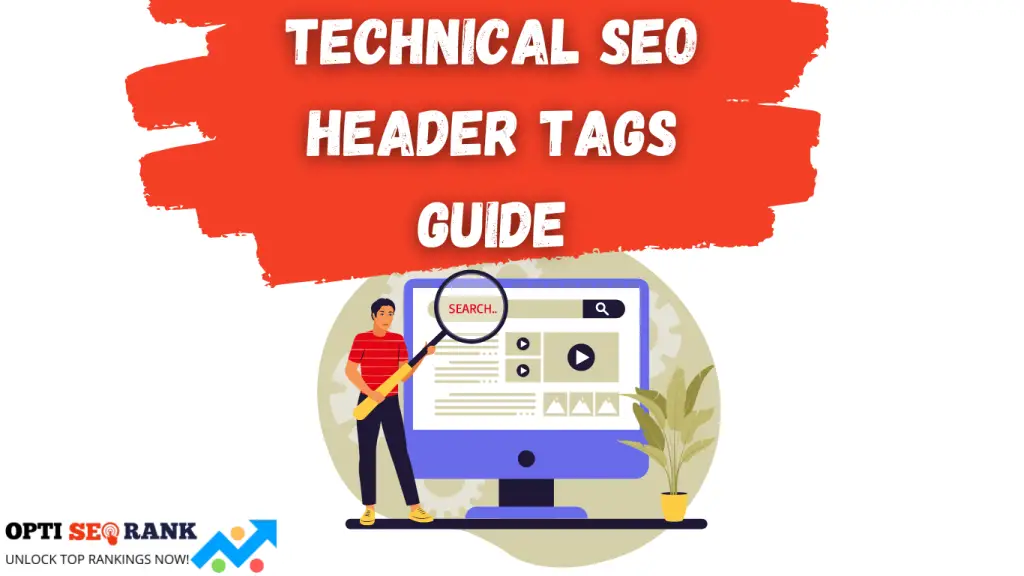Meta tags are crucial for technical SEO. They help search engines understand and rank your web pages effectively.
Mastering meta tags is essential for optimizing your website’s visibility and performance. Meta tags, including title tags and meta descriptions, provide critical information to search engines about your content. Well-crafted meta tags can significantly improve click-through rates and search engine rankings.
They act as a bridge between your content and search engine algorithms, ensuring that your pages are indexed correctly. By focusing on relevant keywords and maintaining concise, compelling descriptions, you can enhance user experience and boost your site’s SEO. Effective meta tag usage is a fundamental aspect of technical SEO that can lead to higher traffic and better engagement.
Introduction To Meta Tags
Meta tags are critical in the world of Technical SEO. They help search engines understand your web page content. Mastering meta tags can significantly boost your site’s SEO performance.
What Are Meta Tags?
Meta tags are snippets of text that describe a page’s content. They do not appear on the page itself. Instead, they exist in the page’s HTML code. These tags help search engines understand the context and content of a webpage.
Importance In Seo
Meta tags play a vital role in SEO. They help search engines index and rank your pages correctly. Properly optimized meta tags improve your website’s visibility in search results.
| Meta Tag | Description |
| Defines the title of the webpage. | |
| Provides a summary of the webpage. | |
| Lists keywords relevant to the webpage. |
Here are some key points about meta tags:
- Meta tags should be unique for each page.
- Use relevant keywords in the meta tags.
- Keep the title tag under 60 characters.
- Ensure the description tag is under 160 characters.
Below is an example of meta tags in HTML:
Types Of Meta Tags
Understanding the different types of meta tags is crucial for Technical SEO. Meta tags help search engines understand your content. They also improve your site’s visibility in search results. Let’s explore the main types of meta tags.
Title Tags
Title tags are one of the most important meta tags. They appear in the search engine results pages (SERPs) as the clickable headline for a result. Title tags should be unique and include relevant keywords. Aim for a length between 50-60 characters.
- Describe the page content accurately.
- Include your main keyword.
- Keep it under 60 characters.
Meta Descriptions
Meta descriptions provide a brief summary of a webpage. They appear below the title tag in SERPs. A good meta description can improve click-through rates. They should be around 155-160 characters in length.
| Tips | Details |
| Concise and compelling | Make it interesting to attract clicks. |
| Include keywords | Use relevant keywords naturally. |
| Call-to-action | Encourage users to click. |
Meta Keywords
Meta keywords used to be very important for SEO. They are a set of keywords relevant to the page’s content. Although their importance has decreased, they can still be useful. Place the most important keywords first.
- Focus on relevant keywords.
- Limit to 10-15 keywords.
- Separate keywords with commas.
Here is an example of meta keywords:
Crafting Effective Title Tags
Mastering meta tags is crucial for technical SEO success. Among these, crafting effective title tags stands out. Title tags are the first impression users get from your page. They also influence search engine rankings. Learn how to create title tags that boost your SEO performance.
Optimal Length
Title tags should be between 50 and 60 characters. This length ensures the entire title is visible in search results. Longer titles get cut off, losing important information. Shorter titles may not provide enough context. Aim for a balanced length to make your title effective.
Keyword Placement
Place your primary keyword at the beginning of the title tag. Search engines give more weight to keywords at the start. This also catches the user’s attention quickly. Use secondary keywords naturally within the title. Avoid keyword stuffing; it can harm your rankings.
| Title Tag Element | Best Practice |
| Length | 50-60 characters |
| Primary Keyword | Start of the title |
| Secondary Keywords | Natural placement |
| Readability | Easy to understand |
Keep titles concise – 50-60 characters.- Position keywords at the start.
- Maintain readability – use simple language.
Writing Compelling Meta Descriptions
Writing compelling meta descriptions is key for technical SEO success. They attract clicks, improve search engine rankings, and boost site traffic. Let’s explore the best practices and common mistakes in crafting meta descriptions.
Best Practices
- Keep it concise: Aim for 150-160 characters.
- Use active voice: Engage readers with direct language.
- Include keywords: Add relevant keywords naturally.
- Write unique descriptions: Each page should have a distinct meta description.
- Provide a call to action: Encourage users to click your link.
Here’s an example of a well-crafted meta description:
Common Mistakes
| Mistake | Explanation |
| Too long | Descriptions over 160 characters get cut off in search results. |
| Keyword stuffing | Overloading keywords can harm readability and SEO. |
| Duplicate descriptions | Using the same description for multiple pages confuses search engines. |
| Passive voice | Passive voice can make descriptions less engaging. |
| Lack of call to action | Descriptions without a call to action miss opportunities to drive clicks. |
The Role Of Meta Keywords
Meta keywords once played a crucial role in SEO. They helped search engines understand web page content. Though their importance has waned, understanding their role is still useful for technical SEO.
Current Relevance
In the early days of SEO, meta keywords were essential. They helped search engines identify page topics. Search engines like Google no longer consider them. They were often abused for keyword stuffing. Today, they hold little weight in ranking algorithms.
Best Practices
Though not crucial, it’s good to use meta keywords wisely. They can still benefit internal search engines on websites. Here are some best practices:
- Keep your meta keywords relevant to the page content.
- Do not overuse or stuff keywords.
- Use a mix of long-tail and short-tail keywords.
- Limit the number of meta keywords to 10-15.
Here’s an example of a proper meta keyword format:
While meta keywords are less important now, following best practices ensures better SEO hygiene.
Meta Tags For Social Media
Meta tags play a crucial role in social media optimization. They help ensure your content looks appealing when shared. This can significantly boost your engagement rates. Let’s delve into two primary types of meta tags for social media: Open Graph Tags and Twitter Cards.
Open Graph Tags
Open Graph tags were introduced by Facebook. They help control how your content appears on Facebook and other platforms.
Here are the essential Open Graph tags:
- og:title: Sets the title of your content.
- og:description: Provides a brief description of your content.
- og:image: Specifies the image that will appear when your content is shared.
- og:url: Defines the URL of your content.
Here’s an example of Open Graph tags in HTML:
Twitter Cards
Twitter Cards allow you to attach rich media to your tweets. This makes your content more engaging on Twitter.
There are two main types of Twitter Cards:
| Card Type | Description |
| Summary Card | A short summary of the content. |
| Summary Card with Large Image | A summary with a large, featured image. |
Key Twitter Card tags include:
- twitter:card: Defines the card type.
- twitter:title: Sets the title of the content.
- twitter:description: Provides a brief description.
- twitter:image: Specifies the image URL.
Here’s an example of Twitter Card tags in HTML:
Advanced Meta Tag Strategies
Meta tags are crucial for SEO success. They help search engines understand your content. In this section, we explore Advanced Meta Tag Strategies. These strategies will boost your technical SEO and site performance.
Schema Markup
Schema Markup adds extra information to your HTML. This helps search engines understand your content better. It can improve your site’s visibility in search results.
Here are some types of schema markup:
- Product: Displays product details.
- Review: Shows user reviews and ratings.
- Event: Lists event details like date and location.
- Recipe: Includes ingredients and cooking instructions.
Using schema markup can result in rich snippets. These snippets make your listings more attractive. They can increase click-through rates.
Canonical Tags
Canonical tags prevent duplicate content issues. They tell search engines which version of a URL is the main one. This helps to consolidate link equity and avoid content duplication penalties.
Here’s an example of a canonical tag:
Use canonical tags in these situations:
- When you have similar content across multiple pages.
- When you have different versions of a page.
- When you syndicate your content on other websites.
Canonical tags are essential for maintaining SEO integrity. They ensure search engines index the right version of your content.
Mastering these advanced meta tag strategies can significantly enhance your site’s SEO performance.
Tools For Meta Tag Analysis
Meta tags play a vital role in SEO. Using the right tools can help you analyze and optimize these tags. This section will guide you through some of the best tools for meta tag analysis.
Seo Auditing Tools
SEO auditing tools are essential for meta tag analysis. These tools provide insights into how well your meta tags are performing.
- SEMrush: This tool offers a comprehensive site audit. It highlights issues with meta tags and provides suggestions for improvement.
- Ahrefs: Ahrefs is another powerful tool. It allows you to check meta tags and their effectiveness in ranking.
- Screaming Frog: This is a desktop program. It crawls your website and identifies issues with meta tags.
Browser Extensions
Browser extensions can also help with meta tag analysis. They provide instant insights without leaving your browser.
- MozBar: MozBar is a free browser extension. It displays meta tags directly on the search results page.
- SEO Meta in 1 Click: This extension shows all meta tags with one click. It’s simple and effective.
- Meta SEO Inspector: This tool checks the meta tags on any web page. It highlights any issues and suggests fixes.
| Tool Name | Type | Key Features |
| SEMrush | SEO Auditing | Site audit, meta tag analysis, suggestions |
| Ahrefs | SEO Auditing | Meta tag check, ranking effectiveness |
| Screaming Frog | SEO Auditing | Website crawl, meta tag issues identification |
| MozBar | Browser Extension | Meta tags display on search results page |
| SEO Meta in 1 Click | Browser Extension | One-click meta tag display |
| Meta SEO Inspector | Browser Extension | Meta tag check, issue highlighting |
Frequently Asked Questions
1. What are meta tags, and why are they important for SEO?
Meta tags are HTML elements that provide information about a web page to search engines and website visitors. They help search engines understand the content of the page, which influences how the page is ranked. Proper use of meta tags, such as the meta title, meta description, and meta keywords, can significantly improve your website’s SEO performance, leading to higher visibility and better click-through rates.
2. How do meta descriptions affect SEO rankings?
Although meta descriptions don’t directly affect SEO rankings, they play a critical role in click-through rates (CTR). A well-crafted meta description helps entice users to click on your link when it appears in search engine results. A higher CTR can positively influence your rankings, making meta descriptions a crucial element for on-page SEO success.
3. What is the optimal length for a meta title and meta description?
For meta titles, the recommended length is between 50-60 characters. For meta descriptions, it’s best to keep it between 150-160 characters. Staying within these limits ensures that your meta tags display correctly in search engine results, without being truncated.
4. How do meta keywords work in SEO today?
Meta keywords used to play a significant role in SEO but are now mostly obsolete. Search engines like Google no longer use them as a ranking factor due to frequent misuse and keyword stuffing. Instead of focusing on meta keywords, it’s more effective to focus on relevant content, meta titles, and meta descriptions.
5. Can improper use of meta tags negatively impact my SEO?
Yes, improper use of meta tags can negatively impact your SEO. Issues like keyword stuffing, duplicate meta tags, or using irrelevant meta descriptions can lead to penalties or lower search engine rankings. It’s essential to ensure that your meta tags are unique, relevant, and properly optimized for each page.
Conclusion
Mastering meta tags is crucial for technical SEO success. They enhance visibility, attract traffic, and improve rankings. Implement these tips to optimize your meta tags effectively. Continuous monitoring and adjustments will ensure long-term benefits. Stay updated with SEO trends to maintain your competitive edge.
Your website’s performance will thank you.



